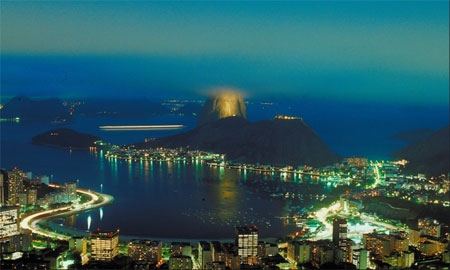Augusto Wagner is Vice Minister of Ports at the Special Secretariat for Ports (SEP), an entity created by the Brazilian Government in 2007 in order to streamline and coordinate the national program of investment and renovation of Brazilian ports. Here, he shares his views on the challenges that lie ahead.
What was behind the creation of the SEP in 2007?
Foreign trade is one of the pillars of Brazil’s economic growth and has been growing significantly in recent years.
Both imports and exports have experienced yearly increases of 20% over the past years, and if you consider that 90% of Brazil’s foreign trade passes through its ports, then it becomes clear that these ports need to be prepared for a new reality.
This is why the Federal Government saw the need to create a body that would be exclusively dedicated to the national system of ports.
Could you elaborate on what led to the recently passed norm that now allows foreign companies to participate in dredging operations?
Until 2008, Brazilian law reserved dredging operations exclusively for national companies, the same way it works in the U.S. But given the sheer amount of dredging we need to do in Brazil, we got a law passed in congress to open up dredging to foreign firms.
There is currently US$20 billion worth of private investments in Brazilian ports, which is huge.
What we particularly need from foreign partnerships is good projects, services, port operation and financing.
What is being done to coordinate the development of the ports with other logistics systems?
There is a growing consensus that we need to develop a new concept of logistics that takes into account ports, railways and roads as an interconnected system and not as independent systems.
With this in mind, we are creating the first National Plan for Port Logistics (PNLP).
The first challenge is to carry out a study of Brazil’s production patterns and its import/export needs, so that cargo can travel in a more intelligent way around the country.
For instance, there is no point in soya produced in the state of Mato Grosso being transported to the Port of Santos to be exported, when the ports in the Amazon or in the state of Para are much closer.
It is essentially about reducing costs and increasing efficiency.
What would be your message to our readers in the United States?
The world needs more integration. One of the most efficient means to achieve more integration is bilateral and multilateral trade.
Therefore if Brazil and the United States could work closer together on strengthening this, it would be hugely beneficial, not just for the United States and Brazil, but also for the whole world.

0 COMMENTS